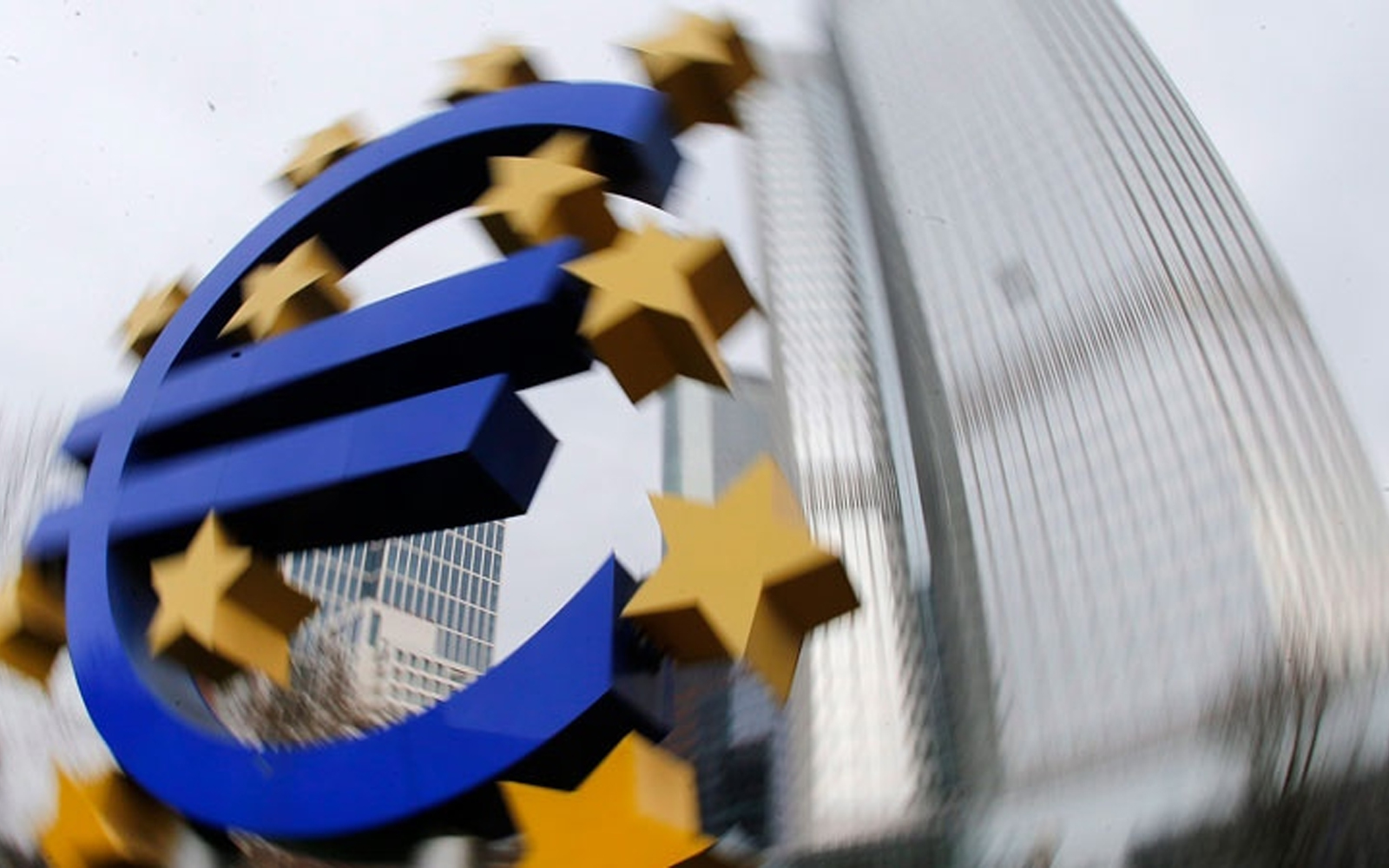
In August, inflation in the eurozone dropped sharply to 2.2%, marking a three-year low and boosting expectations that the European Central Bank (ECB) may reduce interest rates next month.
Friday’s preliminary figure matched the forecast of 2.2% according to a Reuters survey, down from 2.6% in July. Bert Colijn, an economist for the eurozone at ING, commented, “The inflationary environment is slowly improving,” noting the progress in bringing inflation closer to the ECB’s 2% target. “The ECB is already on the home stretch.”
The data from Eurostat followed reports from Germany and Spain earlier this week, where significant declines in inflation were also observed.
Markets are now anticipating that the ECB will lower its main interest rate by a quarter percentage point to 3.5% during its meeting on September 12, as inflation continues to approach the ECB’s 2% target. In June, the ECB had already cut rates by a quarter of a point, following a similar move by the Bank of England earlier this month. Traders expect two or three more rate cuts in the eurozone by the end of the year.
Growth in the Services Sector Raises Concerns
Despite falling energy prices, the services sector in the eurozone saw inflation rise to 4.2%, which could prompt caution among rate-setters. This increase is largely due to rising wages in countries like Germany.
Some economists attribute this rise to unique factors in France, where preparations for the Olympic Games have driven up accommodation and transport costs. This could lead policymakers to treat the July inflation surge in services as a temporary event.
After the release of the inflation data, yields on German two-year bonds, which move inversely to prices and reflect interest rate expectations in the eurozone, dropped by 0.01 percentage points to 2.35%.
ECB’s Position on Rate Cuts
Philip Lane, ECB’s chief economist, has hinted at further rate cuts, warning that keeping rates “too high for too long could result in chronically low inflation in the medium term.” He emphasized that the path to the ECB’s 2% inflation target is not yet guaranteed.
On Friday, ECB Executive Board member Isabel Schnabel also signaled openness to reducing rates but stressed that the central bank should proceed cautiously and gradually.
Separate data released on Friday indicated that the eurozone labor market remains robust, with the seasonally adjusted unemployment rate in July dropping to 6.4% from 6.5% in the previous month.


